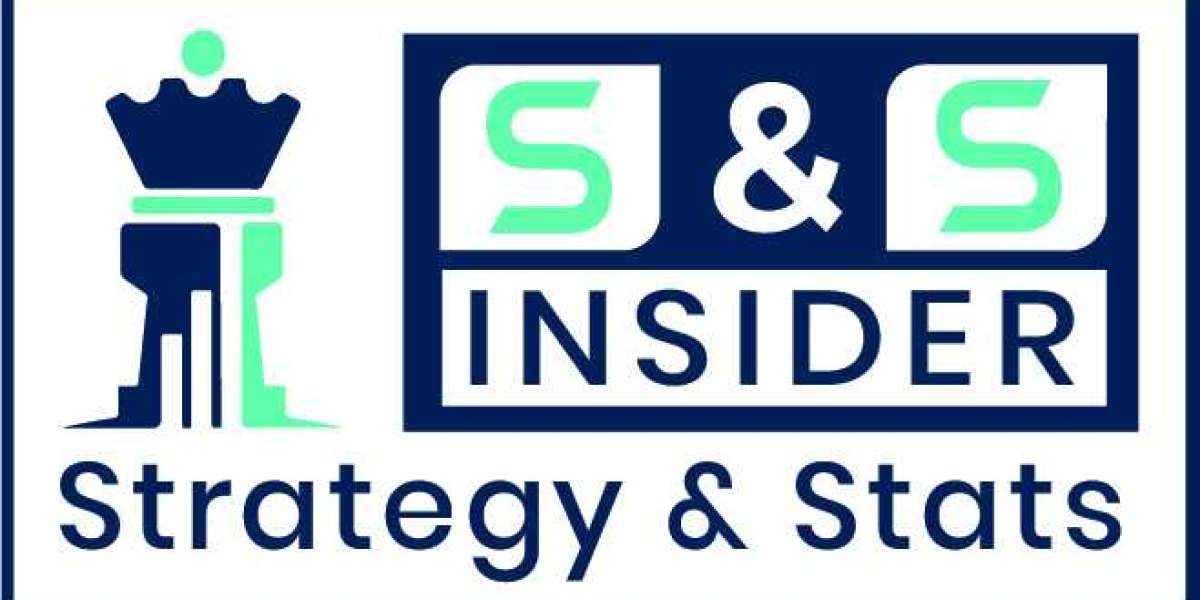School valuation refers to the assessment of various factors that contribute to a school’s overall value. This can include physical assets like land and buildings, as well as intangible assets such as reputation, enrollment rates, and financial stability. Accurate valuation is particularly critical in private school sales because the value often extends beyond just the physical property. Many buyers are also looking at long-term profitability, the reputation of the school, and its potential for growth. A proper school valuation helps owners set a realistic asking price that will appeal to buyers while ensuring they get the full value of their institution.
Key Factors That Influence the Market Value of a Private School
The market value of a private school is influenced by several key factors. Understanding these elements helps you grasp why a thorough valuation is necessary:
- Educational Assets
The physical assets of the school, including buildings, land, and educational facilities, contribute heavily to its overall value. The condition and age of the facilities are key considerations, as are any unique features, like sports fields or dormitories. Well-maintained properties tend to fetch a higher price. - Enrollment and Retention Rates
The number of students enrolled and the school’s ability to retain them directly impacts its revenue. A high enrollment number signals demand, while a strong retention rate shows the school’s ability to keep families satisfied over the long term. Both factors increase the attractiveness of the school to potential buyers. - Reputation and Academic Performance
A strong academic reputation and a history of student success can significantly raise the value of a private school. Schools with a well-established name and a record of high academic standards are often more desirable to potential buyers, as they represent a less risky investment. - Faculty and Staff Quality
The quality and experience of the teaching staff can influence a school’s market value. A well-qualified, dedicated team adds to the overall appeal of the institution, as new owners will be looking to maintain or improve upon current educational standards. - Financial Health
The financial performance of a private school is a crucial aspect of its valuation. Potential buyers will closely examine revenue, expenses, profit margins, and future growth potential. Schools with a stable or growing financial outlook tend to attract higher offers, as they present a lower financial risk.
Private School Appraisal: What to Expect
A professional appraisal is essential when selling a private school. Appraisers specialize in evaluating schools and educational institutions. They consider various aspects, including both tangible and intangible assets.
Here are the most common methods used in school appraisals:
- Income-Based Approach
This approach evaluates the future earning potential of the school. It looks at current revenues, such as tuition fees, and projects them into the future. The income-based approach is often used when the school generates stable and predictable cash flow. - Market-Based Approach
The market-based approach compares your school to similar schools that have recently sold. This method uses data from recent sales to determine a fair market value. It accounts for the general trends in the educational sector and provides a price range based on comparable sales. - Asset-Based Approach
The asset-based approach values the physical assets of the school, such as land, buildings, and equipment. This is typically used when a school has substantial physical assets but may not generate high revenue. It’s useful for schools with significant real estate value.
Each method provides a different perspective on the value of the school, and often, a combination of these approaches is used to establish a final valuation.
The Importance of Accurate School Market Value Assessment
Accurate school market value assessment is essential for several reasons. A correct valuation ensures that you’re setting the right price, preventing you from overpricing or underpricing the school. Overpricing could scare away potential buyers, leading to a longer selling process or even the failure of the sale. On the other hand, underpricing the school could result in a financial loss.
A proper market value assessment also helps in negotiations. Buyers often use valuation reports as the basis for their offers. A detailed and accurate report provides both parties with clear expectations, making the negotiating process smoother and more straightforward.
Moreover, an accurate valuation ensures that you’re prepared for the sale and helps you understand the key selling points of your school. Knowing your school’s true worth enables you to address any issues that might impact its value, whether through facility upgrades, improved financial reporting, or other measures.
Preparing Your Private School for Sale: How Valuation Helps
Valuation not only determines the price of the school but also provides valuable insights into areas that need improvement. Before listing the school for sale, it’s crucial to understand its market value so you can take steps to maximize that value.
For example, if your school has underperforming facilities, a valuation might show that upgrading these spaces could increase the sale price. If your enrollment numbers are lower than expected, focusing on recruitment or retention strategies could boost the school’s attractiveness to buyers.
Additionally, understanding the value of your school helps you prepare all necessary documentation, including financial records and accreditation status. It also provides you with realistic expectations about the selling timeline, allowing you to plan accordingly and avoid unnecessary delays.
Common Mistakes to Avoid When Valuing Your Private School
Valuing a private school can be challenging, and many owners make mistakes that can negatively affect the sale. Here are some common pitfalls to avoid:
- Neglecting Intangible Assets
Reputation, brand recognition, and community standing are often overlooked in school valuations. However, these factors play a significant role in a school’s overall value. Failing to account for them can result in undervaluing the school. - Ignoring Market Trends and Regulations
The educational sector is constantly evolving. Failing to consider how changes in regulations, such as new accreditation standards or shifts in demand for private education, can impact the valuation is a common mistake. - Overlooking Financial Projections
A thorough valuation should include an analysis of future earnings potential. Without this, you risk setting a price that doesn’t align with future expectations, making it harder to close the deal. - Relying on Personal Opinions
It’s tempting to value your school based on personal assumptions or emotional attachment, but this can lead to unrealistic pricing. It’s crucial to rely on professional appraisers who can provide an unbiased, data-driven valuation.
Conclusion
In conclusion, school valuation is an essential step in the process of selling your private school. It helps ensure that you set a fair price, prepare your school for sale, and avoid costly mistakes. By conducting a professional valuation, you gain clarity about your school’s market value, which not only improves the likelihood of a successful sale but also maximizes your financial return. Remember, a proper valuation is a crucial investment in making the sale process smooth and profitable.














